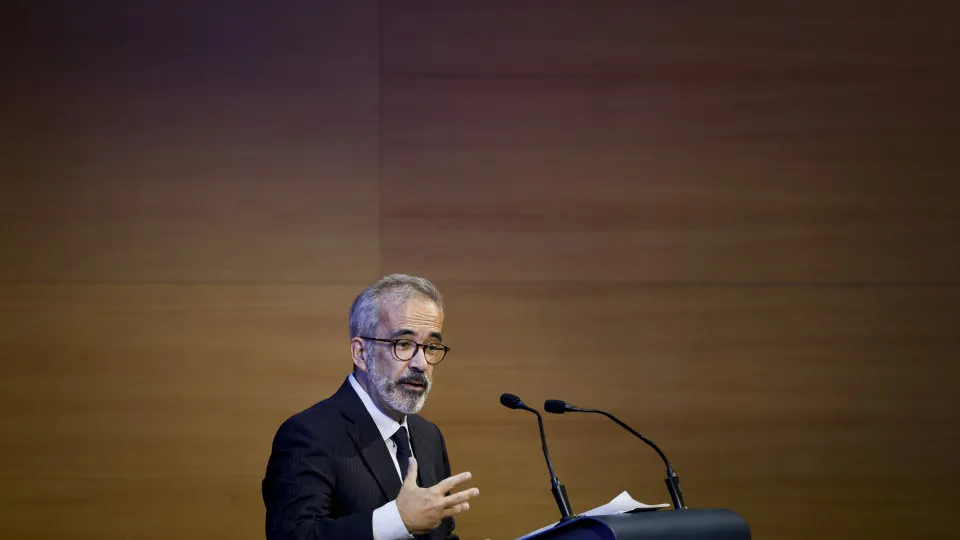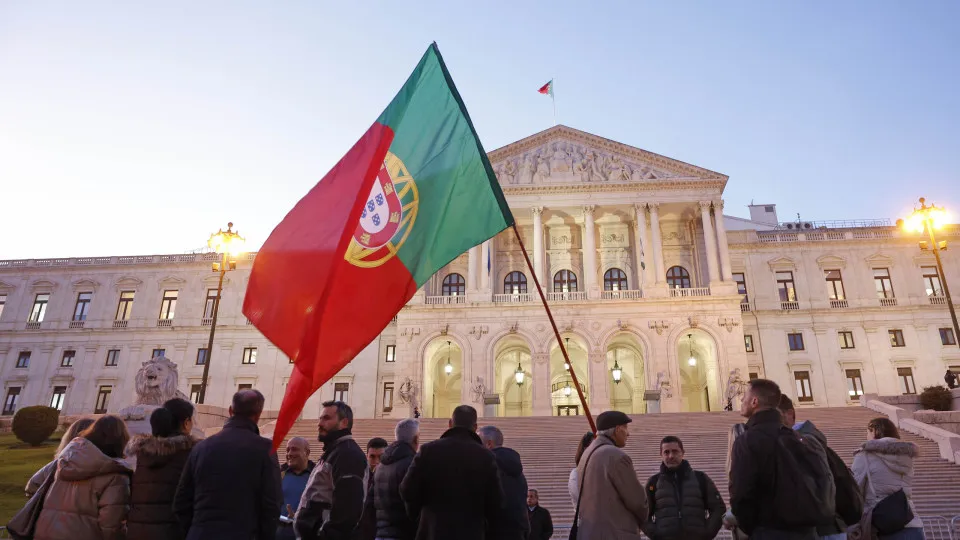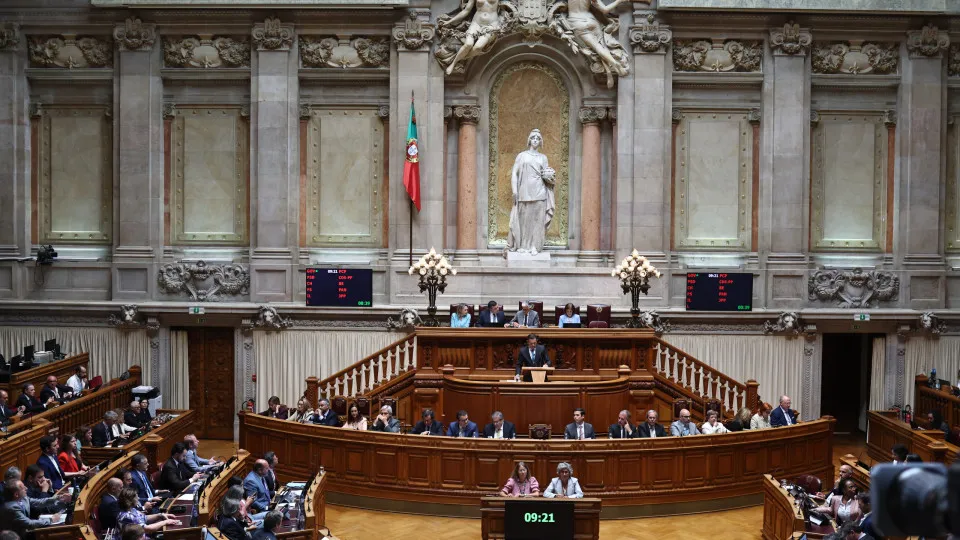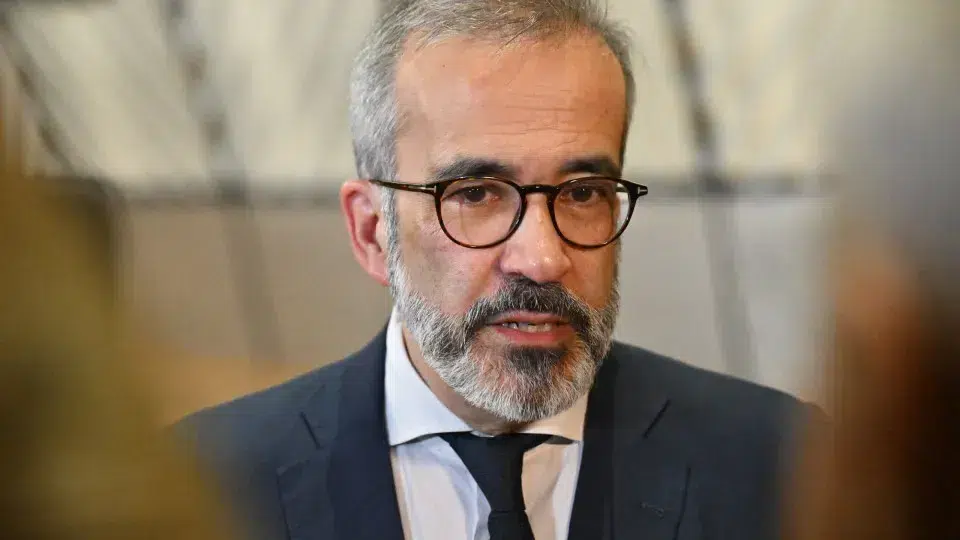
“We must rethink the right to veto. It cannot remain as it is. Either we have more permanent members, or we adopt a ‘second best’ system, but Africa cannot be left unrepresented, and neither can India,” stated Paulo Rangel during his speech at the conference “80 Years of the United Nations,” focusing on multilateralism and Portugal’s contribution, held in Lisbon today.
The UN Security Council is composed of five permanent member states with veto power — the United States, Russia, China, the United Kingdom, and France — along with 10 non-permanent members.
Portugal is a candidate for a non-permanent seat on the United Nations Security Council for the 2027-2028 term.
For Portugal’s Minister of Foreign Affairs, the investment should be in multilateralism because “it creates balance and defends democracy.”
This approach is even more critical amid the current crisis of multilateralism, said Paulo Rangel, noting a return to an “empire logic.”
“Empires are showing their claws, and this is where multilateralism has a role,” he argued, explaining that investing in bilateral relations that value multilateralism is the “intelligent strategy” of diplomacy.
“It is very important to diversify. It is said that the European Union (EU) cannot have a common position, but the EU is a multilateral organization,” he stated, adding that the same should apply to the UN.
“In the United Nations, it is also necessary to create solidarities, common lines, which in some matters will be one and in others, another,” Rangel emphasized, highlighting that this creates a network of balance.
Multilateralism was also the basis of a video message from UN Secretary-General António Guterres, who called for action and the need to adapt and reform the international organization and the Security Council.
“The UN must adapt; we need stronger multilateralism and a reformed Security Council,” Guterres noted.
The reform of the United Nations has been under discussion within the organization, with the Secretary-General presenting a project last week to reduce costs in 2026 through agency mergers and team cuts.
Guterres warned of the imminent collapse of UN humanitarian missions, indicating the potential for efficiency improvements and cost reductions of over 15%, along with about a 19% reduction in staff positions.
The topic was also addressed by Portugal’s permanent representative to the UN, Rui Vinhas, who affirmed the urgency of reorganization due to budgetary pressure, while acknowledging that decisions on where to cut always generate controversy.
Despite the challenges of determining what a new UN would result from this reform, Rui Vinhas admitted that the future might see “a smaller United Nations system with less presence in the world.”
Regarding the Security Council, the main issue, for the Portuguese diplomat, is representation.
“The Council does not represent today’s world, raising the specific issue of legitimacy,” especially when decisions do not include “the world’s most populous country,” namely India, the ambassador highlighted.
The conference marking the 80th anniversary of the UN Charter’s entry into force is held today in Lisbon under the theme “The Future of Multilateralism, System Reform, and Portugal’s Contribution,” promoted by the United Nations Regional Information Centre for Western Europe (UNRIC), the Diplomatic Institute, and the Higher Institute of Social and Political Sciences of the University of Lisbon (ISCSP/UL).




